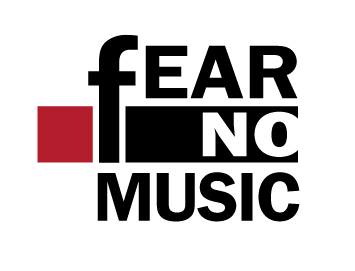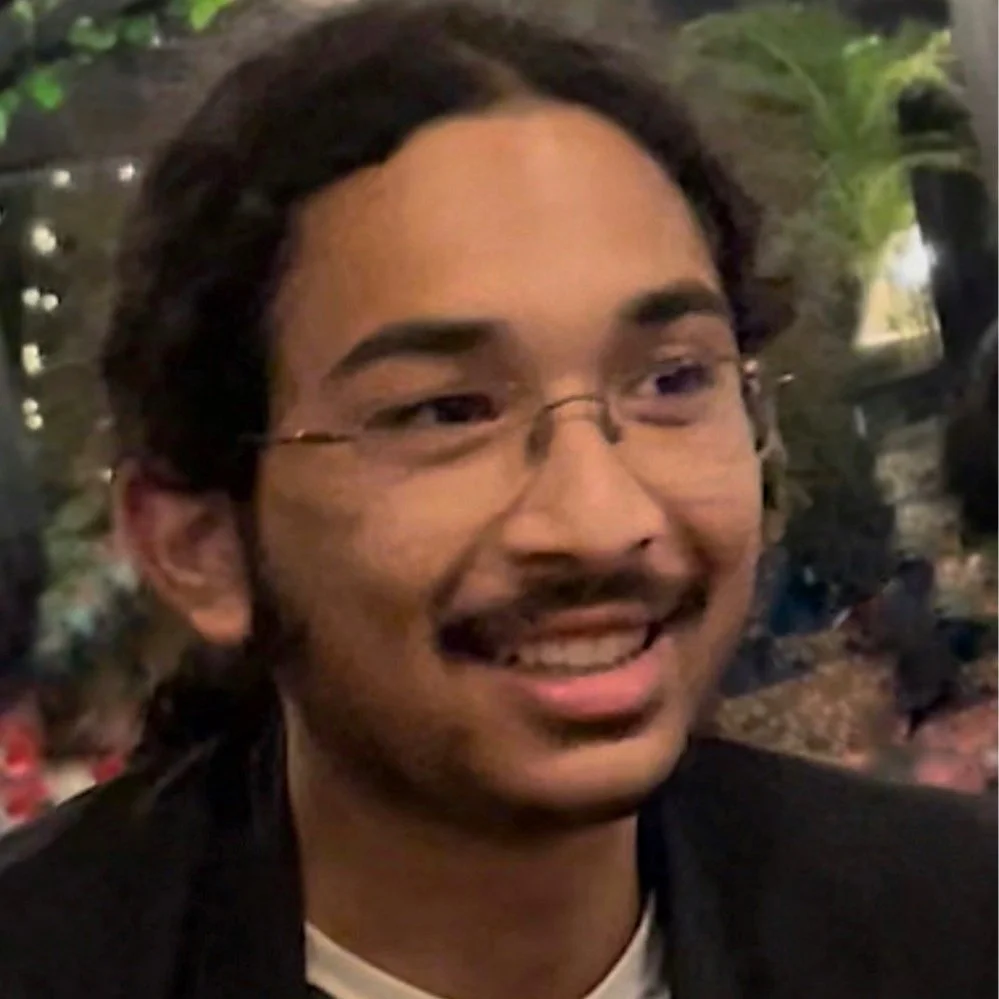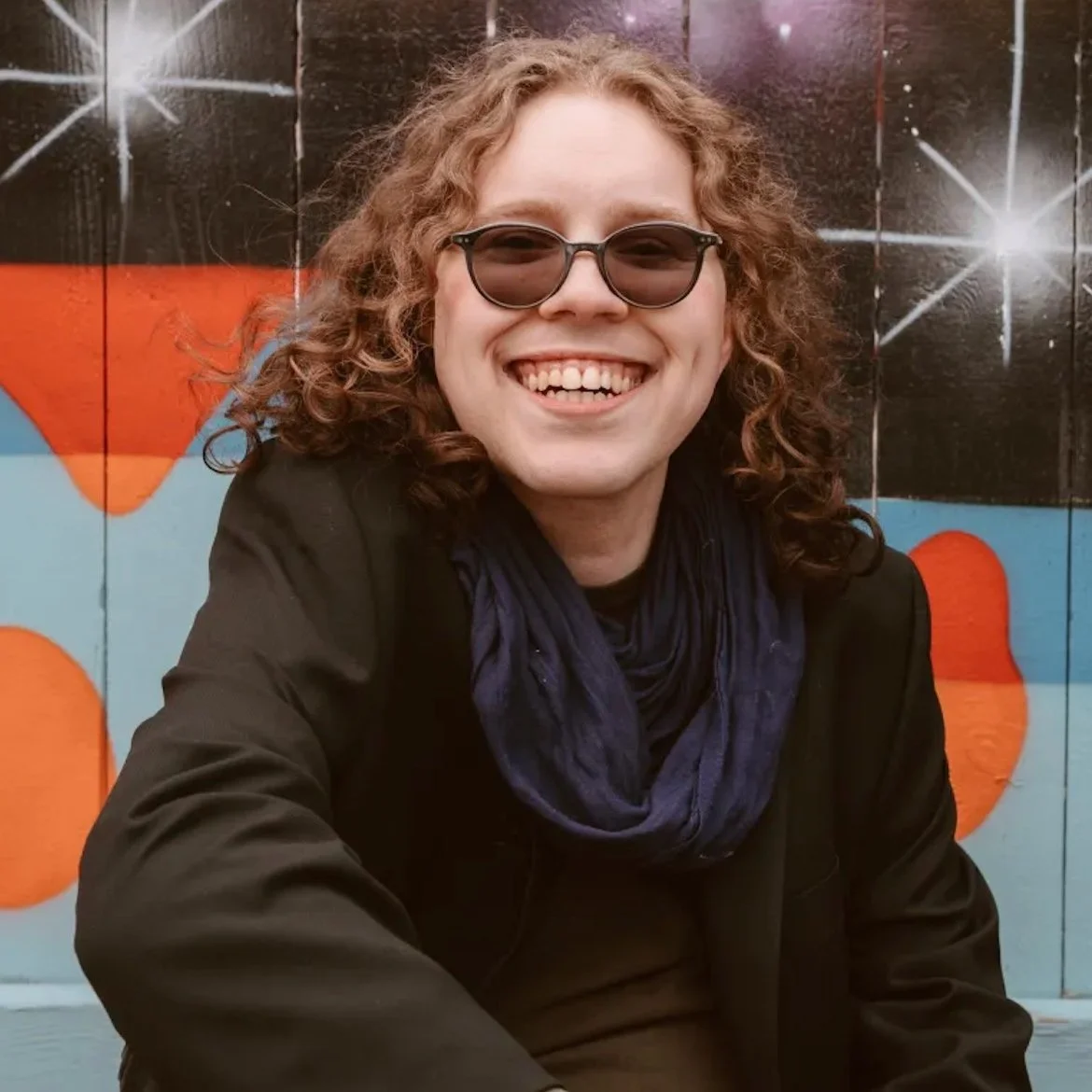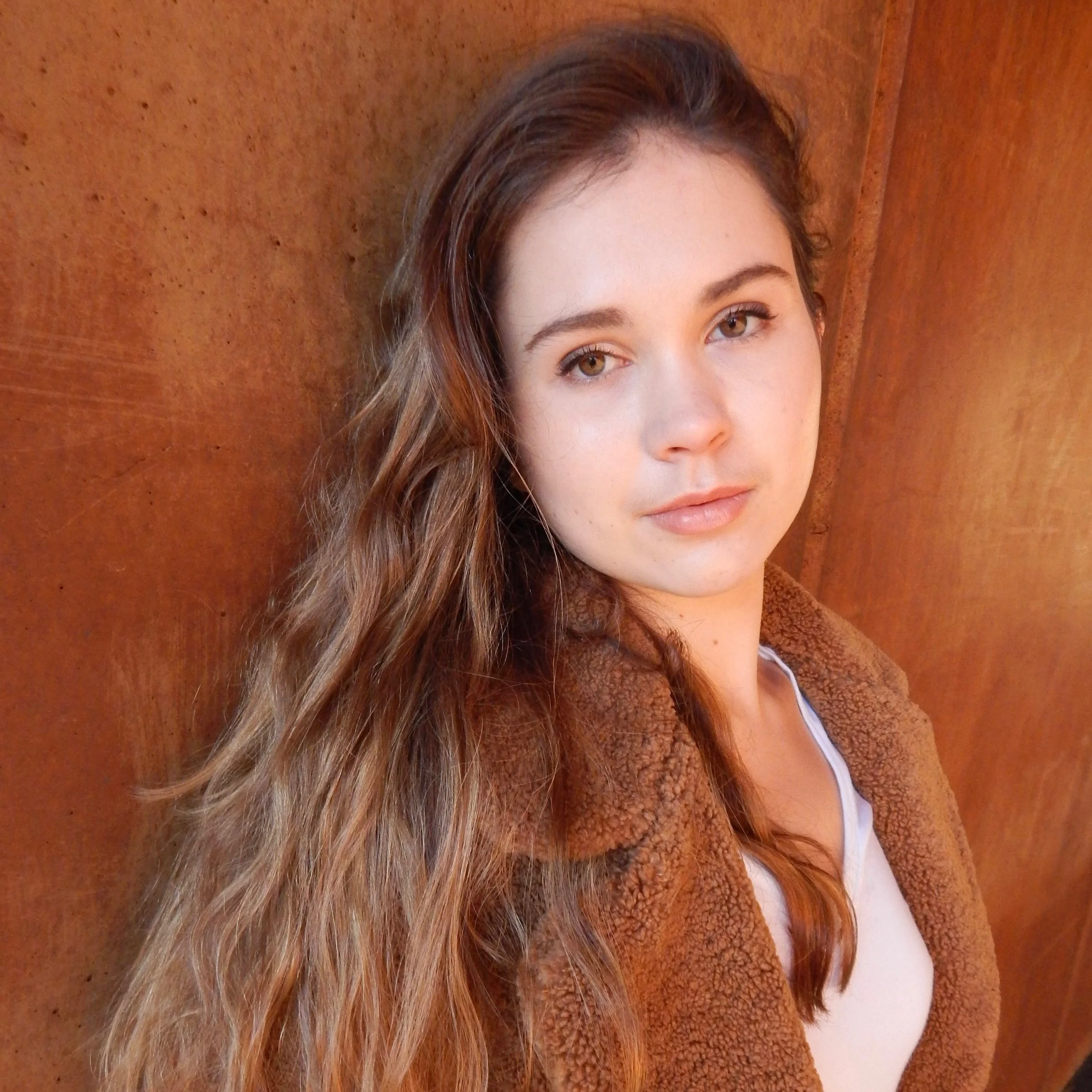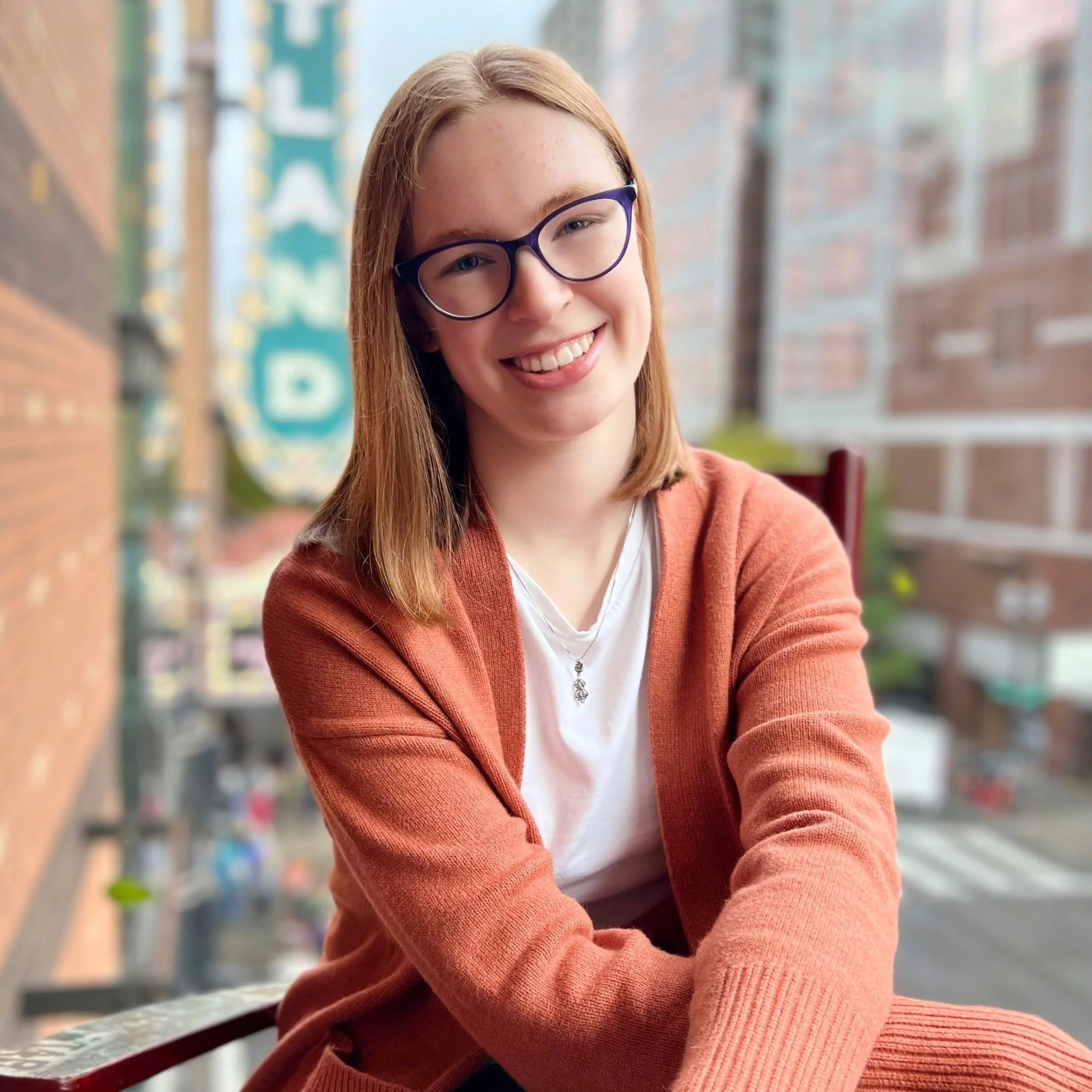New Music Gathering
Welcome to Portland Concert | Wednesday, June 21
Portland State University at Lincoln Hall • 1620 SW Park Ave, Portland
New Music Gathering is an annual conference/festival hybrid dedicated to the performance, production, promotion, support, and creation of new and forward-thinking music.
With concerts, lecture/recitals, roundtable discussions, talks, and choreographed socializing like musician meet-ups and live action role playing games, NMG aims to be both a conference in the traditional sense but also quite literally a collective place for things to grow, improve, solidify, and above all get personal!
PROGRAM
Caleb Palka - Interstitial (5’)
Arwen Myers, soprano; Jeff Payne, piano
Rohan Srinivasan - Dead Ends (6’)
Nancy Ives, cello; Jeff Payne, piano
Drew Swatosh - Kind Wildness (6’)
Amelia Lukas, flute
Ryan Francis - Sillage (7’)
Keiko Araki, violin; Jeff Payne, piano
Grace Miedziak - Trout and the Hatch (5’)
Nancy Ives, cello
Margot Pullen - Elegy for a Yugo (5’)
Keiko Araki, violin; Nancy Ives, cello; Jeff Payne, piano
Left to right: Jeff Payne, piano; Arwen Myers, soprano; Nancy Ives, cello; Amelia Lukas, flute; Keiko Araki, violin;
Program Notes & Artist Biographies
Interstitial
CALEB PALKA
PROGRAM NOTES FROM THE COMPOSER
Interstitial takes its name from the theme of the concert it was written for, a collaboration between the USC Thornton School of Music and Dornsife Department of English, exploring the concept of “interstitial” in LOs Angeles through new works for voice. The text is an excerpt from “Monica” by Fatema Bhaiji, which was written for this collaboration.
The sea creeps to shore.
The sirens go off every night.
These lines spoke to me because sirens can be found on land and sea, and in the interstitial space between. In mythology, sirens lure sailors towards dangerous rocks. In L.A., emergency vehicle sirens empty the road ahead. Air raid sirens, installed during the Cold War, have largely been abandoned, but in some parts of the country, are maintained as part of severe weather warning systems. Sirens draw attention—to warn or ensnare—and, in some cases, might be the last thing you hear.
BIOGRAPHY
Caleb Palka (b. 2001) is known as “an eloquent thinker and creator” (PSU Vanguard) whose work is “inquisitive and creative in an unapologetic way” (Oregon ArtsWatch). He has been performed/commissioned by the Bergen International Festival/Norwegian Soloists’ Choir, Britt Festival Orchestra, Cincinnati May Festival/Cincinnati Men’s Chorus, International Contemporary Ensemble, Opera Omaha, Eugene Symphony, Metropolitan Youth Symphony, Mivos Quartet, Portland Piano International, and others. Palka is an alumnus of the Luna Composition Lab and Fear No Music’s Young Composers Project. He received a BMI Honorable Mention and Tribeca Emerging Composer honor. He studied with Ryan Francis, Kenji Bunch, and Ellen Reid, and attends the USC Thornton School of Music, studying with Camae Dennis, Ted Hearne, Andrew Norman, and Veronika Krausas.
Dead Ends
ROHAN SRINIVASAN
PROGRAM NOTES FROM THE COMPOSER
Rohan Srinivasan is currently a sophomore at Juilliard, studying with Andrew Norman. He previously studied with Ryan Francis and participated in Fear No Music’s Young Composers Project—led by Jeff Payne—throughout high school. He has also worked with the Portland Jazz Composers Ensemble and was commissioned by the Metropolitan Youth Symphony to compose a new orchestra piece. Artistically, Rohan is still figuring out what exactly it means to be a “21st-century composer.” It’s getting less and less clear—well, to him at least—what the role of “art music” for concert halls is in today’s society. And what is this music’s relationship to political action? How do you write concert music that feels like it’s actually saying something? There do not seem to be any easy answers... but then again easy answers are probably boring. Rohan also likes to hike and try new foods, and is unfortunately very good at procrastinating on homework.
A note from the composer about Dead Ends:
Well, the title’s the title because I think this piece is essentially a bunch of musical “dead ends.” A section starts, seems to run out of steam, gets replaced by the next thing… this happens a few times and then it’s all over. Simple enough. Some of my favorite musical journeys are like that and I think there can be a certain beauty to it.
Kind Wildness
DREW SWATOSH
PROGRAM NOTES FROM THE COMPOSER
Grounded in distinctly American ways of expressing ideas through rhythm, such as slam poetry, gospel, protest chants, jazz, and hip-hop, Kind Wildness is a protest piece that explores the increasing divide since the 2016 presidential election. The phrase kind wildness comes from slam poet Anis Mojgani’s poem “I’m Forgetting This Poem Before I Write It” from Songs From Under the River. Throughout the piece, the flute is processed with delay, creating counterpoint; chorus, to emulate a choir; and bit crusher, to add a layer of grime. Additionally, there are references to protest chants including “This is what democracy looks like!”, “Black lives matter!”, “Education not deportation!,” and “Pussy grabs back!”; the Chilean song by Sergio Ortega and “Quilapayún, ¡El pueblo unido, jamás será vencido!,” or “The People United Will Never Be Defeated!;” and the drum groove from the song “Check the Rhime” by A Tribe Called Quest.
BIOGRAPHY
Coming from a background in arts integrated education, Drew Swatosh (they/them) creates connections within their music, whether through the inclusion of programmatic/extra musical elements; collaborating with other composers, musicians, and artists; and/or combining different musical styles and compositional techniques. They use composing as a means of processing the world around them, which includes social justice, intersectional feminism, climate change, and grief. Drew’s comissioners include the Seattle Opera Creation Lab for a trans/non-binary retelling of the myth of Icarus and Daedalus; choral educator Stephanie Bivins; the Vancouver School of Arts and Academics Music Department; the Fear No Music Young Composers Project; and vocalists Stephanie Lamprea, Marguerite McKean, and Carolyn Quick as part of the Dead Fires Anthology for Solo Unaccompanied/Self-Accompanied Voice. Drew holds an MMus and BMus in Contemporary Music from Western Oregon University and has studied composition with: Kevin Walczyk, James Reddan, Carlos Velez, Bill Whitley, Dave Averre, and Elizabeth Ackerman. They are a member of In Medio and Cascadia Composers, and reside in Vancouver, Washington. In addition to composing, Drew is a vocalist, pianist, ukulele player, and engraver. Drew loves women’s soccer and is a tech and fashion enthusiast. For more information, visit their website, www.drewswatosh.com.
Sillage
RYAN FRANCIS
PROGRAM NOTES FROM THE COMPOSER
Sillage means "wake" in French, as in the billowing waves made as a boat cuts through water. The term is also used by French perfumers in describing the trail of scent that someone leaves as they pass by. In that field, with scent tied so strongly to memory, sillage is meant to have slightly deeper connotations, suggesting that a person's presence can be felt after they are gone, for example by spending time in their old spaces or interacting with their possessions. My piece Sillagereflects on those moments of feeling the presence of someone who is not present.
BIOGRAPHY
Portland-born Egyptian-American composer, Ryan Francis’s music first gained prominence in the mid-2000s through performer advocates such as Vicky Chow, whose incisive performances of his piano music brought the attention of composer John Zorn, who offered Francis a record release on his label, Tzadik. Francis has written extensively for the solo piano, and his music has been championed by numerous pianists including Vicky Chow, Conor Hanick, Anna Polonsky, Winston Choi, Julian Martin, Akimi Fukuhara, Jeffrey Payne, Monica Ohuchi, Kai Schumacher, Han Chen, David Kaplan, and Gabrielle Chou. Other performers of Francis’s works include violinists Kristin Lee, Francesca Anderegg, Miranda Cuckson and Wayne Lee, sopranos Kiera Duffy and Neveen Alouba, clarinetist James Shields, and guitarists Joseph Ehrenpreis and Mattias Schulstad. Notable concert music commissions include High Linefor American Composers Orchestra, Concerto for Piano and Chamber Orchestra for Metropolis Ensemble, Sylvan for the Banff Centre, Akhet for the El Sakia String Orchestra, Nightwalk for Fear No Music Ensemble, Album for Guitar for Mattias Schulstad and Pittsburgh New Music Ensemble, and Voynich Transcriptions for Chatter New Mexico. Francis has collaborated with New York’s Metropolis Ensemble for over a decade including numerous commissions and programming credits, most recently as a contributor to the infinite composition project Flame Keepers and as a co-curator of the Free Assembly online festival. Other collaborations include two ballets with choreographer Pontus Lidberg, the video piece I AM NOT TAME with artist Nancy Davidson, the score for the video game Namco High with artist/writer Andrew Hussie, and a silent film score for Criterion. Francis’s music has received grants and awards including from the American Academy of Arts and Letters, the American Composers Forum, the Jerome Foundation, and the Augustine Foundation, and his music has been performed across the U.S. and internationally. Francis is on faculty at Pacific University where he teaches music technology, music theory, and international music studies. He holds a B.M. in music composition from the University of Michigan and an M.M. and D.M.A. in music composition from the Juilliard School.
Trout and the Hatch
GRACE MIEDZIAK
PROGRAM NOTES FROM THE COMPOSER
This piece written for solo cello captures the dramatic and magical phenomenon known as The Hatch, which occurs at lakes and streams all across my home state of Oregon. Every evening at sunset, adult insects emerge from a nymph or pupa and fly away, which draws trout toward the water’s surface. This results in a feeding frenzy, where hundreds of trout eagerly leap from the lake to devour these insects. Growing up in Central Oregon, I have witnessed the excitement of The Hatch numerous times and wanted to capture the experience in this piece.
BIOGRAPHY
Grace Miedziak (b. 2002) is a composer and producer raised in Central Oregon. As a young teenager, the Oregon Music Teachers’ Association recognized Miedziak as an Honored Composer for two solo piano pieces, and her chamber piece For Little Grace (2018) won first place in the state of Oregon in the Music Teachers’ National Association Composition Competition. These opportunities led to the Metropolitan Youth Symphony of Portland, Oregon commissioning her to compose Seereise (2019), for full orchestra, which earned national recognition from the New York Emerging Composers Competition in 2020. Miedziak is currently pursuing a Bachelor of Music in Composition and a Minor in Music Production at the University of Southern California, where she has sung for multiple movies and television soundtracks, composed music for National Public Radio (NPR), scored short films and animations through USC Cinematic Arts, and produced multiple singles and albums to be released. Miedziak also plans to earn her Master’s degree in Composition at USC.
Elegy for a Yugo
MARGOT PULLEN
PROGRAM NOTES FROM THE COMPOSER
Elegy for a Yugo initially featured the piano, violin, and double bass, with the melody being passed between the strings above the ever-rippling piano line. For this concert, the instrumentation has been changed slightly, with the cello replacing the double bass. When it came time to name the piece, I initially struggled. I hadn’t written the song about one particular thing, but eventually, I realized that the experiences I had in quarantine while composing it had become intertwined with the music. Thus, I choose the name Elegy for a Yugo to represent my pandemic-era obsession with Yugos, the much-maligned hatchbacks from former Yugoslavia. There’s something kind of beautiful to me about a car so objectively terrible, and I felt that the piano part of my piece contributed to the feeling of scenery rushing past as you drive.
BIOGRAPHY
Margot Pullen is a senior at Ida B. Wells High School in SW Portland. She lives with her parents, Shannon and Michael, and her younger sister Ada. Margot started composing her freshman year of high school and has been part of the Young Composers Project (YCP) ever since. She plays trumpet and flute in her school’s symphonic and jazz band, as well as the Metropolitan Youth Symphony's Symphony Orchestra (MYS). She currently studies flute with Jessica Bartlett and composition with Diana Rodriguez. Through The Authentic Voice, a collaboration between MYS and YCP, her first orchestral work will premiere in the Symphony Orchestra’s upcoming concert on March 5th. She'd like to thank everyone involved with YCP for the incredible experience these past 3 years, as well as her family for being so supportive.
Aside from composing, she enjoys drawing, hiking, and watching motorsports. At school, she's a member of No Place for Hate, a program that seeks to combat discrimination in schools through peer-based education. She serves on the Gender and Sexuality Alliance's leadership board and is part of the dragon boating team. In the coming months, she’ll decide where to attend college in the fall.
A special THANK YOU to Ronni Lacroute for sponsoring this concert season.
Fear No Music is also supported by grants from: New Music USA, Oregon Arts Commission, Multnomah County Cultural Coalition, and Regional Arts and Culture Council.
